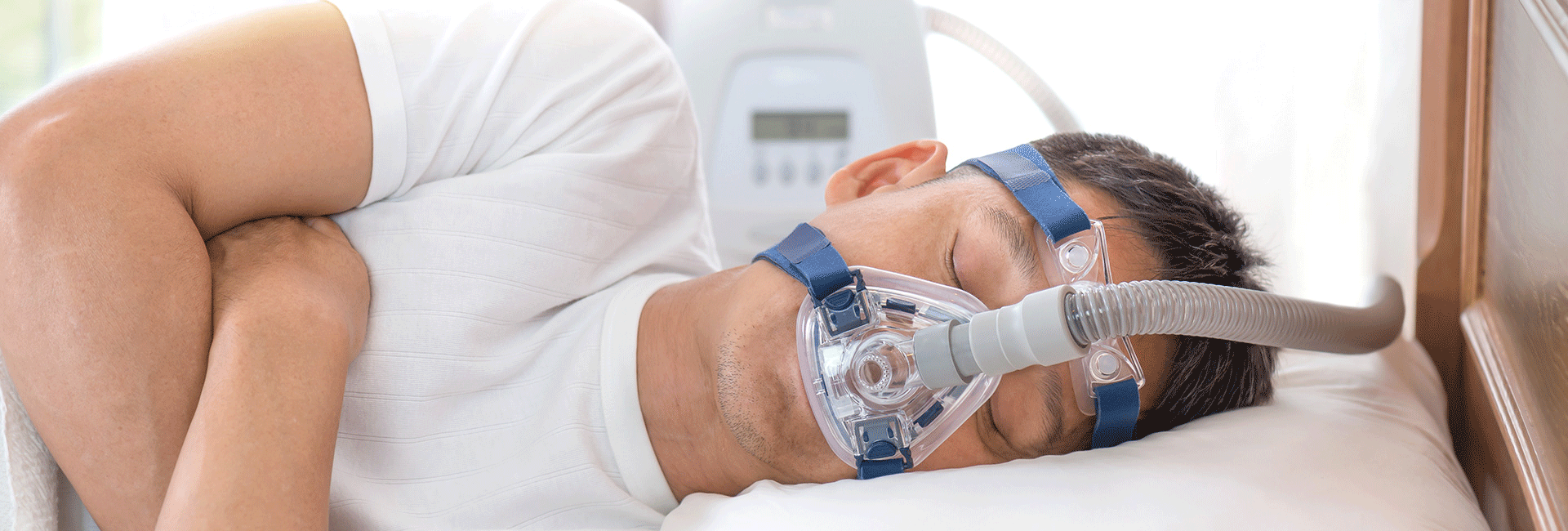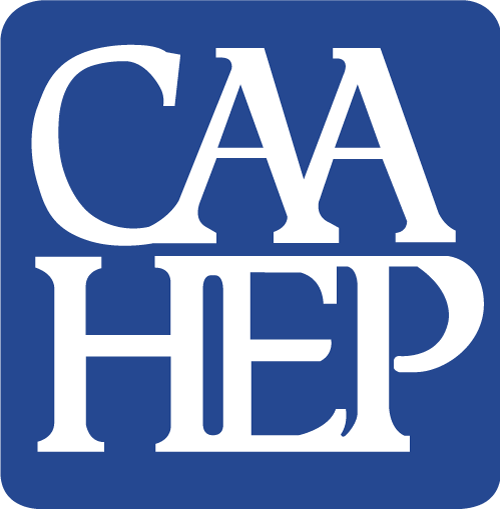
Polysomnographic Technology
Don’t Sleep on This Career Option
Enter the fascinating world of sleep medicine and its importance to our overall health with our Polysomnographic Technology program. You'll learn how to monitor and analyze sleep patterns to help patients achieve better rest. Using specialized equipment, you'll gather vital data to support physicians in the diagnosis and treatment of sleep disorders. Our program prepares you for a rewarding healthcare career in sleep clinics, hospitals and research facilities.
PROGRAM OBJECTIVES
Professional Readiness
You will prepare comprehensively for the board certification exam offered by the Board of Registered Polysomnographic Technologists (BRPT) to earn the RPSGT credential, positioning yourself for career advancement in the growing field of sleep medicine.
Sleep Study
You will learn all aspects of performing polysomnograms including patient setup, monitoring and data collection while ensuring patient comfort and accurate results.
Data Analysis
You will become skilled at interfacing with, operating and troubleshooting specialized sleep monitoring equipment. Develop problem-solving abilities to address technical issues that may arise during sleep studies while maintaining data integrity.
Polysomnographic Technology
Certificate
Locations: Online
Polysomnographic technology is the field focused on monitoring and analyzing sleep patterns to assist in the diagnosis and treatment of sleep disorders. Our program teaches you to gather and interpret sleep data, adapt and use specialized equipment, and educate patients on healthy sleep habits. Sleep technologists prepare data which physicians use to make accurate diagnoses for patients with sleep complaints.
ESTIMATED TUITION
$1,625
CREDIT HOURS
13
PROGRAM LENGTH
3 Terms
SCHEDULE
Part-Time
STARTING TERM
Fall
WHY SCC?
What career opportunities exist in polysomnographic technology?
Our graduates work in sleep centers, hospitals and research facilities. In addition, we prepare you for the RPSGT credential exam, which is the national credential for sleep technologists.
How is SCC's program structured?
Our program is delivered online on a part-time basis, with students taking 6 credit hours in both the fall and spring terms, and 1 credit hour during the summer. It includes 135 hours of hands-on clinical rotations at approved sleep centers in a student's community. Recognized as one of the most affordable programs in the country, it offers exceptional value and flexibility.
What skills do I need to succeed in this field?
You'll excel if you're detail-oriented, analytical, a strong communicator and comfortable working night shifts independently or with small teams. Many students pair this degree with another healthcare degree like Respiratory Care for increased marketability.
What technologies will I learn?
In our interactive, outcomes-focused program, you’ll learn how to identify and manage a wide range of sleep disorders, using the latest tools and techniques in the field. You'll develop the ability to collect and analyze sleep data on the Interscorer Reliability (ISR) system from the American Academy of Sleep Medicine, the global gold standard for sleep professionals.
CAREER OUTCOMES
Registered Polysomnographic Technologist (RPSGT)
Work in sleep laboratories with advanced certification, supervising sleep studies and analyzing complex cases. Upon graduation, you can become registered with the Board of Registered Polysomnographic Technologists (BRPT).
Sleep Technologist / Polysomnographic Technologist
Responsibilities include scoring sleep studies and working under the supervision of registered technologists. .
Sleep Lab Technician/Trainee
Set up specialized equipment, attach sensors and record data throughout sleep studies under the supervision of registered technologists. Gain experience while working toward full certification in this entry-level position.
Clinicals
In what term do students start clinicals?
Spring
Where do students participate in clinicals?
The program makes every effort to identify clinical sites near the student’s home. Sleep centers can be independent standing or in-hospital. The program has previously secured sites in: Minnesota, South Dakota, Iowa, Alabama, Nebraska, Colorado, Arizona, Georgia, Michigan, New Jersey, Virginia, Tennessee, Georgia
In general, what time of day and days of the week can students expect to attend clinical?
Clinicals are scheduled from 6:30 p.m. to 7 a.m. Days of the week are scheduled between the student and the clinical site, dependent on clinical availability.
Will the program help student secure their sites? Do students need to contact clinical sites prior to acceptance/placement?
The program works to identify clinical sites near the student’s home. If one is not available, the student will need to travel to an existing clinical site (with availability) to complete the program. Space is always available at Nebraska sites. Students are asked to provide names, emails and phone numbers of sleep centers in their area. It is recommended that students arrange to shadow a Sleep Tech prior to securing a contract.
How many clinical hours do students complete in the program?
135
Polysomnographic Technology Program Accreditation
Additional Program Requirements
Getting Started
Applying to an SCC health science program involves two steps. First, students take required courses to prepare for their health science career. Second, once these courses are completed, they can apply to the program of their choice.
State Authorization Reciprocity Agreement Institution
Southeast Community College is a State Authorization Reciprocity Agreement Institution (NC-SARA) institution. As such, SCC is unable to offer online or distance courses to students in the following
areas at this time: American Samoa, Guam and the Commonwealth of the Northern Mariana
Islands.
State Licensure or Certification Requirements
This program’s curriculum is acceptable in all states. Some states do not require
licensing for Sleep Technologists, but may have exemptions for Sleep Technologists
to practice under the Respiratory Care act for their state. Those states which do
have licensing requirements for Sleep Technologists primarily require the RPSGT credential,
or a combination of the RPSGT credential, proof of graduating from a CAAHEP program,
and having an Associate’s degree or higher. SCC’s program is a CAAHEP program. Please
see the chart regarding each state’s licensure requirements.
